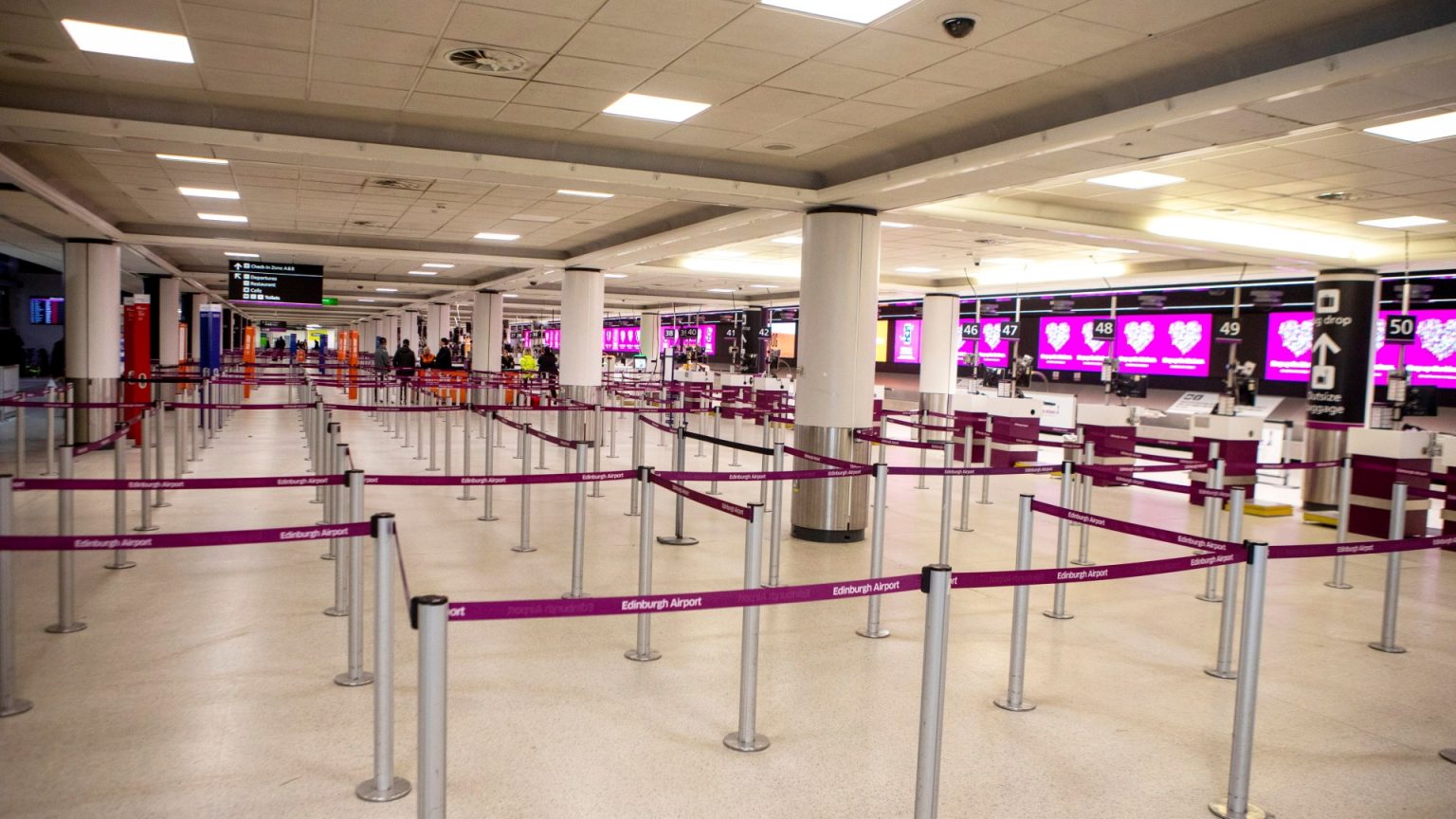Storm Eowyn, a powerful weather system with winds reaching up to 114 mph, has caused widespread disruption across the UK, particularly impacting air travel. Over 334 flights have been cancelled across airports in Scotland and Northern Ireland, affecting an estimated 50,000 passengers. Edinburgh Airport experienced the most significant disruption, with all flights cancelled as a precautionary measure. Other affected airports included Glasgow, Aberdeen, Belfast International, and Belfast City, where a combined total of hundreds of departures and arrivals were grounded. The storm, dubbed by some as the “storm of the century,” created hazardous conditions deemed unsafe for air travel, leaving thousands of passengers stranded and facing travel uncertainties.
The cancellations underscore the significant impact of extreme weather events on air travel infrastructure. Airlines are forced to prioritize safety, grounding flights to prevent potential accidents and protect both passengers and crew. This precautionary approach, while necessary, creates a ripple effect, disrupting travel plans and causing significant inconvenience for travelers. The high number of cancellations highlights the vulnerability of air travel to severe weather and the importance of robust contingency plans for airlines and airports to manage such disruptions effectively.
Beyond the immediate impact on passengers, the flight cancellations also have broader economic consequences. Airlines incur significant costs due to lost revenue, rescheduling efforts, and passenger compensation. The disruption also affects related industries, such as tourism and hospitality, as travelers are unable to reach their destinations, leading to cancellations and lost business. Furthermore, the disruption to air travel can have knock-on effects on other transportation networks, as passengers seek alternative modes of transportation, potentially overloading other systems.
The widespread disruption caused by Storm Eowyn extends beyond air travel. Ferry services operating on Scotland’s west coast and between Heysham and the Isle of Man were also cancelled, further limiting travel options. Several train companies, including Avanti West Coast, Lumo, CrossCountry, and Grand Central, issued travel advisories, urging passengers to avoid non-essential travel on routes across parts of north Wales, Scotland, and northern England. The storm’s intensity and the resulting travel disruptions highlight the interconnectedness of transportation networks and the vulnerability of these systems to extreme weather events.
The Met Office issued rare red weather warnings for Scotland and Northern Ireland, indicating the severity of Storm Eowyn and the potential for significant damage. The strong winds posed a threat to buildings, with the risk of structural damage and uprooting of trees. Power outages were also anticipated as the storm raged across the affected regions. These warnings underscore the importance of preparedness and the need for individuals and communities to take necessary precautions to mitigate the risks associated with severe weather events.
The combined impact of flight cancellations, ferry disruptions, and train service limitations demonstrates the widespread disruption caused by Storm Eowyn. The storm’s intensity and the resulting travel chaos highlight the challenges posed by extreme weather events and the importance of investing in resilient infrastructure and developing effective contingency plans to minimize disruptions and ensure public safety. The scale of the disruption serves as a reminder of the power of nature and the need for continued vigilance in the face of increasingly unpredictable weather patterns.




